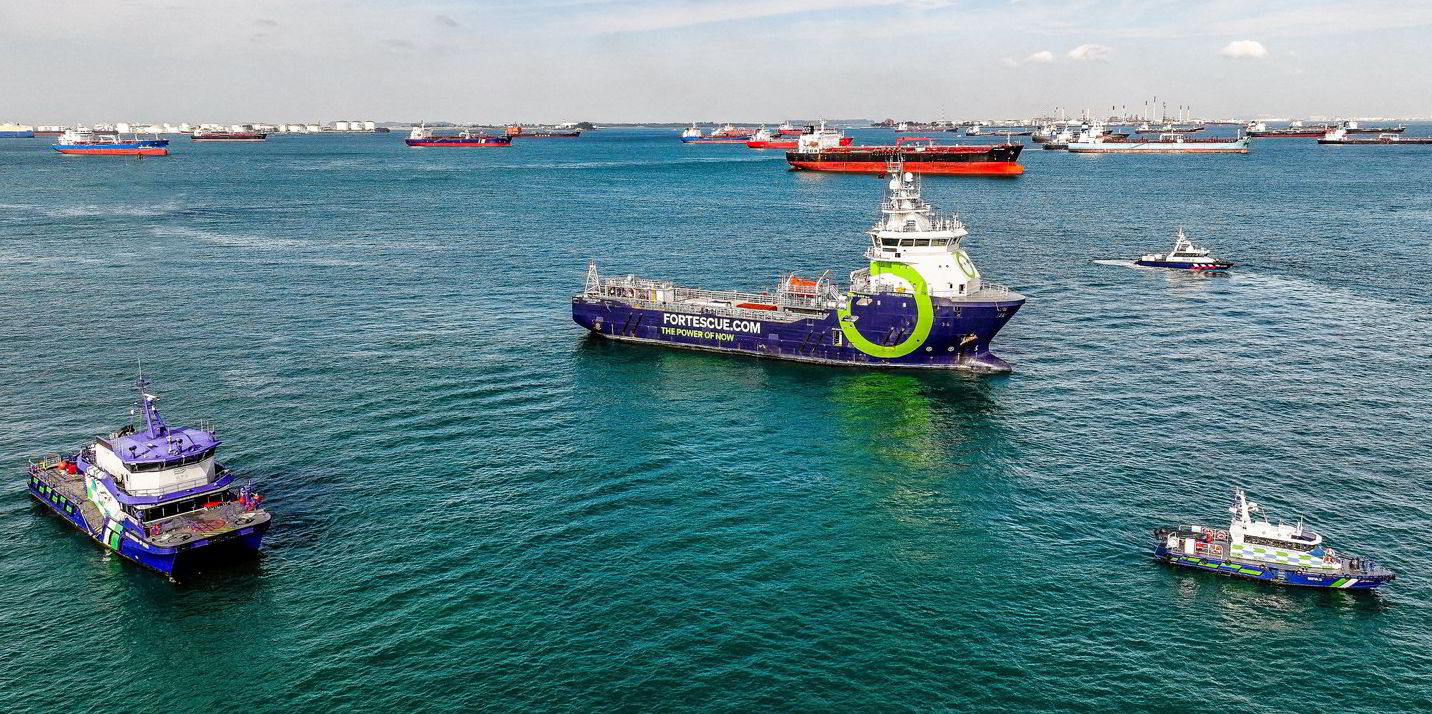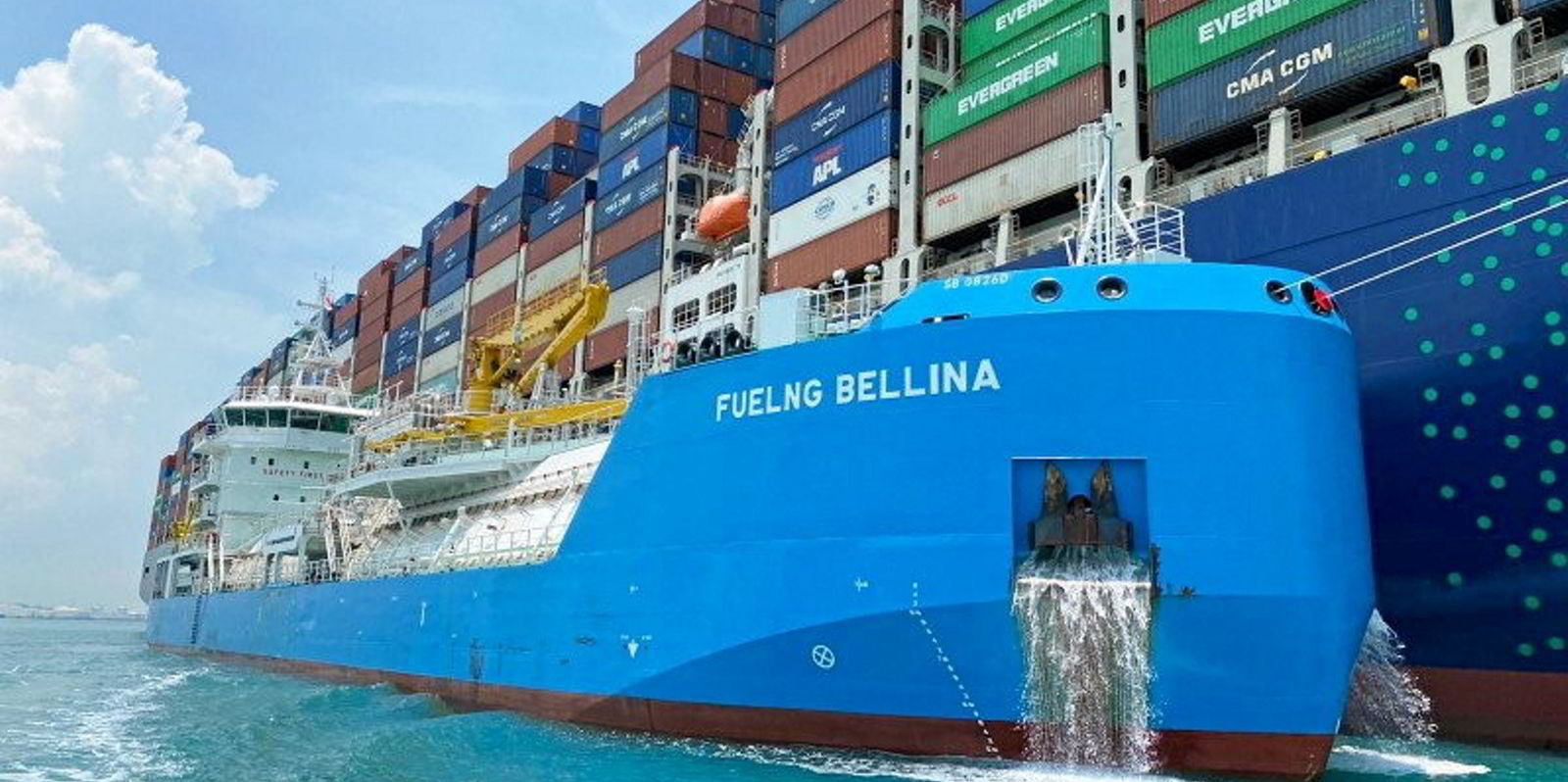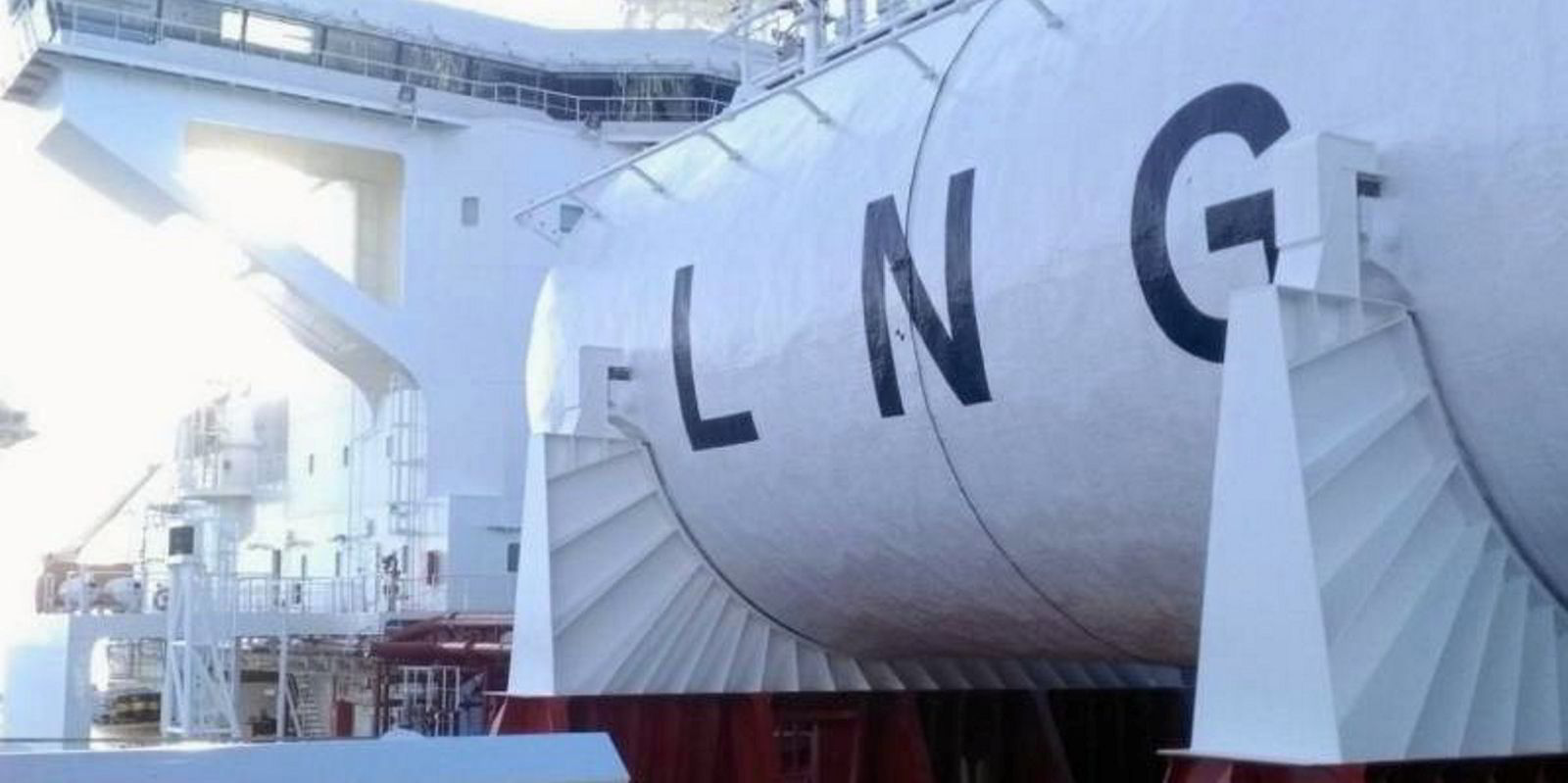Sustainable shipping fuels could reach cost parity with their fossil-based cousins by 2035 if policymakers and shipowners make decisive moves now, according to engine designer and manufacturer Wartsila.
In a new 21-page report, Sustainable Fuel for Shipping by 2050, Wartsila has used modelling to produce a timeline to show how much news sustainable fuels will cost up to 2035.
Introducing the report, Roger Holm, Wartsila Marine president and executive vice president of Wartsila Corp, said: “LNG is well-placed to act as a transition fuel, followed by biofuels in the 2030s.
“‘Blue’ fuels, such as blue ammonia, will then act as bridging fuels before green synthetic fuels become widely available at scale as the ‘gold standard’ in the late 2030s and early 2040s.”
The report says that with the introduction of regulations such as the EU Emissions Trading Scheme and the FuelEU Maritime Initiative, the cost of using fossil fuels will more than double by 2030.
However, sustainable marine fuels will be three to five times more expensive than today’s fossil fuels at the end of the current decade.
By 2035 that price gap will close.
Synthetic fuels — made from either electrolysis or chemical processes powered by renewable energy — will also likely cost three to five time more than their fossil alternatives by 2030 and will still be two to three times the cost in 2050, Wartsila said, although they might reach cost parity with biofuels by then.
Wartsila said it undertook the analysis to look at what is possible at a time when ship operators are feeling understandably overwhelmed and uncertain about when and how to decarbonise.
Holm described the future of sustainable fuels for shipping as both the biggest challenge and opportunity.
He said the temptation for ship operators could be “to freeze. To wait. To delay action until a clearer path emerges, costs fall or technology advances.” But stressed that decarbonisation needs action.
“Radical change is needed, and sustainable fuels are key.”
In its report, Wartsila urges policymakers to set out clear pathways for phasing out fossil fuels, adopt a global standard for carbon pricing, and invest revenue from this back into shipping to promote innovation and increase collaboration.
The engine designer said individual operators need to focus on improving the efficiency of each vessel in their fleet; invest in fuel-flexible engines and “think upstream” and look at the fuel supply chain to maximise availability.
Holm encouraged the coordination of policymaker, industry and individual operator action to speed and affordably produce a mix of sustainable fuels.
He added that smaller operators “need not feel powerless” but said their action must be swift.
“We have the life cycle of just a single vessel to get this right,” he said.
“Policy in Europe is showing just how impactful action at the international level can be, closing the cost gap between fossil and low-carbon fuels for the first time,” he concluded.







